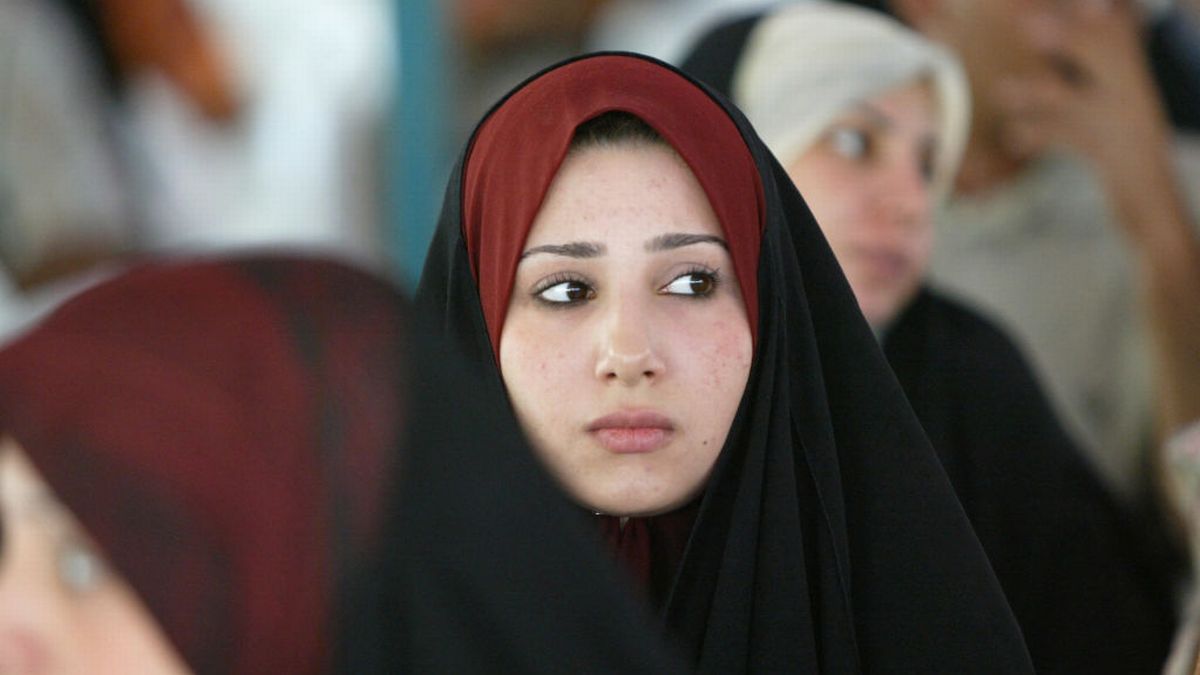(Baghdad) – A proposed change to Iraq’s legal age of consent law, which would lower the age to as young as nine years old, has ignited outrage from women’s rights activists and lawmakers. The move, backed by ultra-conservative Shia Muslim parties, would repeal one of the most progressive laws in the region and has sparked widespread condemnation.
The proposed law aims to significantly reduce the current age of consent in Iraq from 18 years to just nine, effectively allowing men to marry young children. This change, which is part of a broader attempt to replace the country’s existing “personal status law,” would further restrict women’s rights, including their ability to divorce, retain custody of their children, and inherit property. If enacted, the law would reverse one of the most progressive pieces of legislation passed in the Middle East and has led to fierce opposition from women’s rights groups.
The proposal was first introduced in August 2024 and passed its second reading in Iraq’s parliament on September 16. Proponents argue that the law is necessary to align Iraq’s governance with a strict interpretation of Islamic law. They claim that it would protect young girls from “immoral relationships,” a justification that has been widely criticized by activists who see the law as a thinly veiled attempt to legalize child marriage and exploitation.
Raya Faiq, a prominent activist and coordinator for a coalition opposing the bill, called the proposal a “catastrophe for women.” She described the devastating implications of the law, saying it would allow her son-in-law to marry off her granddaughter as a child without her consent. Faiq emphasized that the new law would not only strip women of their rights but also enable child marriage, a practice that is already a significant issue in Iraq.
The efforts to oppose the law are supported by several Iraqi lawmakers, many of whom are working alongside women’s rights groups to block its passage. Despite these efforts, the law has gained considerable momentum, largely due to the backing of Shia Muslim parties that dominate Iraq’s ruling coalition. Dr. Renad Mansour, a senior research fellow at Chatham House, stated that this is the closest the law has come to being passed in recent years, largely because of the increased support from the Shia parties. However, he noted that not all factions within these parties are in favor of the proposal, with some seeking to regain ideological legitimacy and political power.
Opposition to the law has been growing in Iraq, but with a parliamentary majority in favor, the proposed change to the age of consent law appears poised to move forward, leading to increasing fears that Iraq’s women may lose vital rights and protections in the name of political and religious agendas.




















